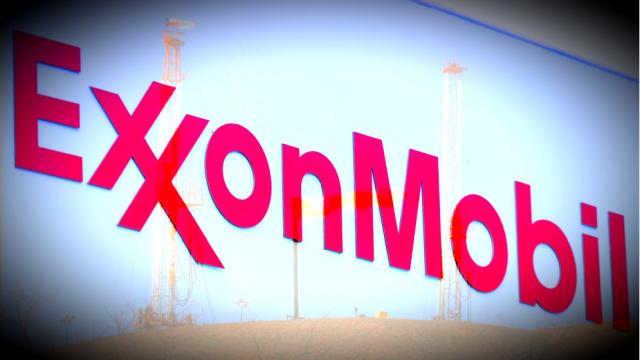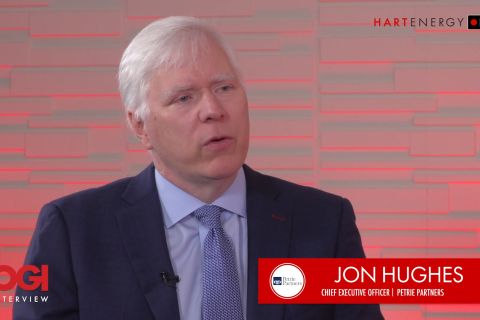
(Source: Shutterstock.com; Image of Exxon Mobil sign by STRINGER Image / Shutterstock.com)
Exxon Mobil Corp. unveiled plans on Dec. 14 to further reduce its greenhouse gas emissions over the next five years to support the goals of the Paris Agreement.
Similar to other oil and gas companies, Exxon Mobil has faced growing pressure from investors and climate activists to meet the 2015 Paris climate goal to limit global warming to 2 degrees Celsius from pre-industrial levels.
Recently, Exxon Mobil has come under attack by a small investment company whose activist campaign demanding changes at Exxon including the U.S. oil company’s transition to cleaner fuels has attracted growing support by the Church Commissioners for England and D.E. Shaw.
On Dec. 14, Exxon Mobil said it had supported the Paris Agreement from its inception and continues to support U.S. government participation in the framework.
“We respect and support society’s ambition to achieve net-zero emissions by 2050, and continue to advocate for policies that promote cost-effective, market-based solutions to address the risks of climate change,” Darren Woods, chairman and CEO of Exxon Mobil, said in a statement.
In 2018, Exxon Mobil announced plans to achieve by year-end 2020, a 15% decrease in methane emissions and a 25% reduction in flaring, compared with 2016 levels.
The company now plans to reduce greenhouse gas emissions from its operated upstream business by 15% to 20% by 2025. Exxon said the reduction will be supported by decreases in methane intensity and flaring intensity across its global operations.
Additionally, the company also plans to align with the World Bank’s initiative to eliminate routine flaring by 2030.
“These meaningful near-term emission reductions result from our ongoing business planning process as we work towards industry-leading greenhouse gas performance across all our business lines,” Woods added in his statement.
Since 2000, Exxon Mobil has invested more than $10 billion researching, developing and deploying lower-emission technologies, including nearly $3 billion at cogeneration facilities that more efficiently produce electricity and reduce related emissions, according to the company release.
The company supported the Oil and Gas Climate Initiative’s announcement to reduce methane and carbon intensity for upstream operations. It also deployed new technologies throughout its operations to reduce flaring and methane emissions, while working to test new technologies to detect and measure fugitive emissions.
Exxon Mobil also noted in its release that it has publicly supported the regulation of methane from new and existing sources and issued a methane regulatory framework for governments to consider as they draft new policies.
Recommended Reading
Shell’s CEO Sawan Says Confidence in US LNG is Slipping
2024-02-05 - Issues related to Venture Global LNG’s contract commitments and U.S. President Joe Biden’s recent decision to pause approvals of new U.S. liquefaction plants have raised questions about the reliability of the American LNG sector, according to Shell CEO Wael Sawan.
Mitsubishi Makes Investment in MidOcean Energy LNG
2024-04-02 - MidOcean said Mitsubishi’s investment will help push a competitive long-term LNG growth platform for the company.
Nebula Energy Buys Majority Stake in AG&P LNG
2024-01-31 - AG&P will now operate as an independent subsidiary of Nebula Energy with key offices in UAE, Singapore, India, Vietnam and Indonesia.
Enbridge Advances Expansion of Permian’s Gray Oak Pipeline
2024-02-13 - In its fourth-quarter earnings call, Enbridge also said the Mainline pipeline system tolling agreement is awaiting regulatory approval from a Canadian regulatory agency.
The OGInterview: Petrie Partners a Big Deal Among Investment Banks
2024-02-01 - In this OGInterview, Hart Energy's Chris Mathews sat down with Petrie Partners—perhaps not the biggest or flashiest investment bank around, but after over two decades, the firm has been around the block more than most.





